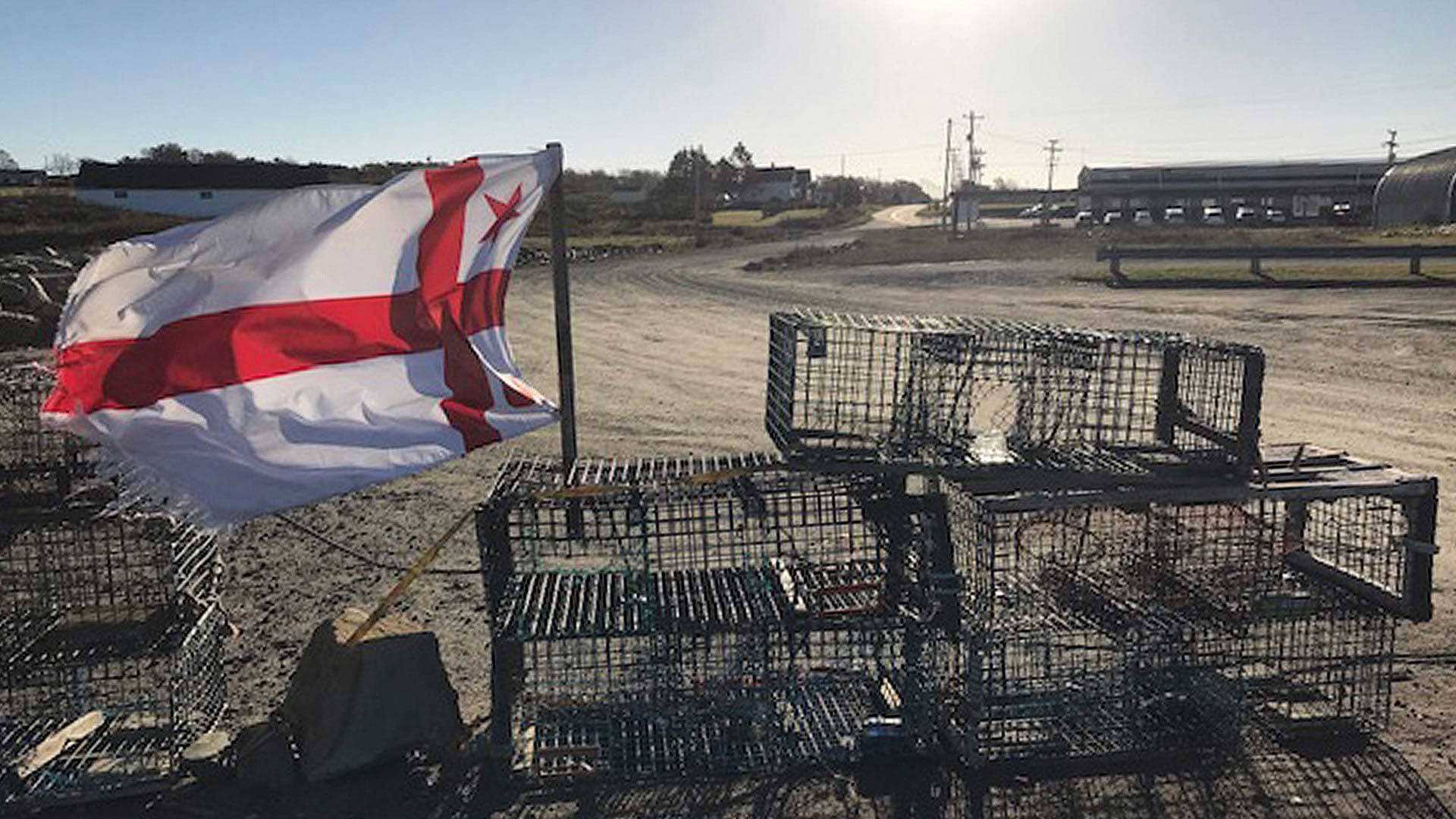A United Nations committee on racial discrimination is asking the federal government to respond to allegations it failed to respond to threats of violence and racism against Mi’kmaw fishers during the fall lobster harvest and to report on the progress made of the investigations looking into what happened.
The April 30 letter of notice from the Committee on the Elimination of Racial Discrimination asks Leslie Norton, Canada’s permanent representative to the U.N., to respond to complaints by Sipekne’katik First Nation by July 14.
“The Committee is concerned about allegations of lack of response by the State Party authorities to prevent and to investigate the allegations of racist hate speech and incitement of violence online as well as acts of violence and intimidation against Mi’kmaw peoples by private actors,” the letter says. “In case the above allegations would be corroborated, the Committee is concerned that further acts of racist violence and intolerance could exacerbate the hostility and lead to the loss of human lives.”
Non-Indigenous fishers protested, often violently, when Sipekne’katik harvesters took to the waters in September 2020 to start their moderate livelihood fishery. The attacks resulted in traps being cut, the destruction of a lobster pound and the burning of a band member’s van.
The Mi’kmaq Nation has a right to fish based on treaties signed with the Crown from the 1700s that says in part that the Mi’kmaw “shall not be hindered from, but have free liberty of Hunting & Fishing as usual.”
In 1999, the Supreme Court of Canada upheld this right in what is commonly known as the Marshall Decision and coined the phrase “moderate livelihood.”

The federal minister has repeatedly noted the principle of closed seasons exists for conservation purposes and has said her department will negotiate the distribution of commercial licences, which occur within existing seasons, tailored to the needs of each First Nation.
While the high court later clarified that ruling saying Ottawa could regulate the treaty right for conservation and other purposes, fisheries scientists have repeatedly stated that the lobster stock off Nova Scotia is not threatened.
Talks with the band broke down earlier this year, and Sipekne’katik says it is planning to resume a self-regulated lobster fishery outside of federal seasons.
However, the U.N. committee says it is considering allegations the RCMP and the federal Fisheries Department “failed to take appropriate measures to prevent these acts of violence and to protect the fishers and their properties from being vandalized,” and that treaty rights weren’t respected last year.
In February, APTN News reported that the federal government was more concerned with Mi’kmaw fishers following Department of Fisheries and Oceans (DFO) rules than Mi’kmaw fishers being attacked on land and water. Hundreds of documents revealed that intelligence officials were aware the protests were coming and even predicted they would turn violent yet enforcement officers on the ground were told to “observe, record and report” any incidents which ended up spiraling out of control.
The documents showed that intelligence analysts closely monitored potential protest activity amid heightened local tensions in the days leading up to the fishery launch. They warned their superiors in advance that non-Indigenous harvesters were planning to drag the bay and haul Mi’kmaw gear.
Despite the warning, the Coast Guard was slow to react and was only called in after the situation on the seas had become violent and chaotic. Over the next couple days, Mi’kmaw vessels were shot at with flares and blockaded at sea amid running skirmishes with the often much larger non-Indigenous vessels.
The documents revealed that, during this period, the Coast Guard ships were still in transit while the RCMP only had two zodiacs on the seas — leaving a vacuum of law enforcement.
The RCMP were also heavily criticized after several people recorded video of officers standing by and watching non-Indigenous fishers breaking into a lobster pound and destroying thousands of pounds of catch.
Read More:
DFO, RCMP knew violence was coming but did nothing to protect Mi’kmaw lobster harvesters: Documents
Federal government agencies ‘complicit’ in violent attacks on Mi’kmaw harvesters: Chief
How the feds’ moderate livelihood fishing policy fell apart
The letter from the U.N. committee noted its prior recommendations requesting governments that have signed the International Convention on the Elimination of All Forms of Racial Discrimination “take steps to prevent racist hate crimes against all ethnic and minority groups, migrants and Indigenous peoples.”
The committee is also asking Canada to, “Investigate the alleged lack of adequate response by relevant State Party authorities to effectively prevent, and protect Mi’kmaw indigenous peoples from such acts; Prevent further acts of violence, racist hate speech, incitement of violence and destruction of property against Mi’kmaw indigenous peoples; and, respect, protect and guarantee the rights of Mi’kmaw peoples in relation to their fishing activities and territories, as well as their rights to be consulted, to food and cultural rights, including the measures taken to repeal federal and provincial laws, as well as policies and regulations that unduly limit such rights.”
The U.N. committee letter asks Canada to respond to the allegations and indicate what actions have already been taken to deal with allegations of racism.
The notice is signed by Yanduan Li, the chair of the committee and a representative of China.

Sipekne’katik First Nation Chief Chief Mike Sack, said in a news release Sunday that it intends to proceed with a lobster fishery beginning in June, despite the lack of an agreement with the federal Fisheries Department.
Sack has said he will request United Nations peacekeepers if federal enforcement officers remove his band’s lobster fishing gear from the fishing area in southwest Nova Scotia.
He said the involvement of the racial discrimination committee is encouraging.
“Being recognized by a body that represents marginalized people experiencing the destructive and intergenerational effects of systemic racism is a new milestone in our community’s efforts to overcome poverty and oppression,” said Sack in the release.
DFO Minister Bernadette Jordan did not make herself available for an interview regarding the letter.
But an emailed response from her office said, “DFO will continue to work with RCMP, the Coast Guard, and other bodies to ensure that all harvesters and community members are safe.”
The spokesperson also said the government would be responding to the committee directly.
“We are reviewing the letter from the United Nations’ Committee on the Elimination of Racial Discrimination carefully, and will respond to the inquiry directly,” the email said.
With files from the Canadian Press










